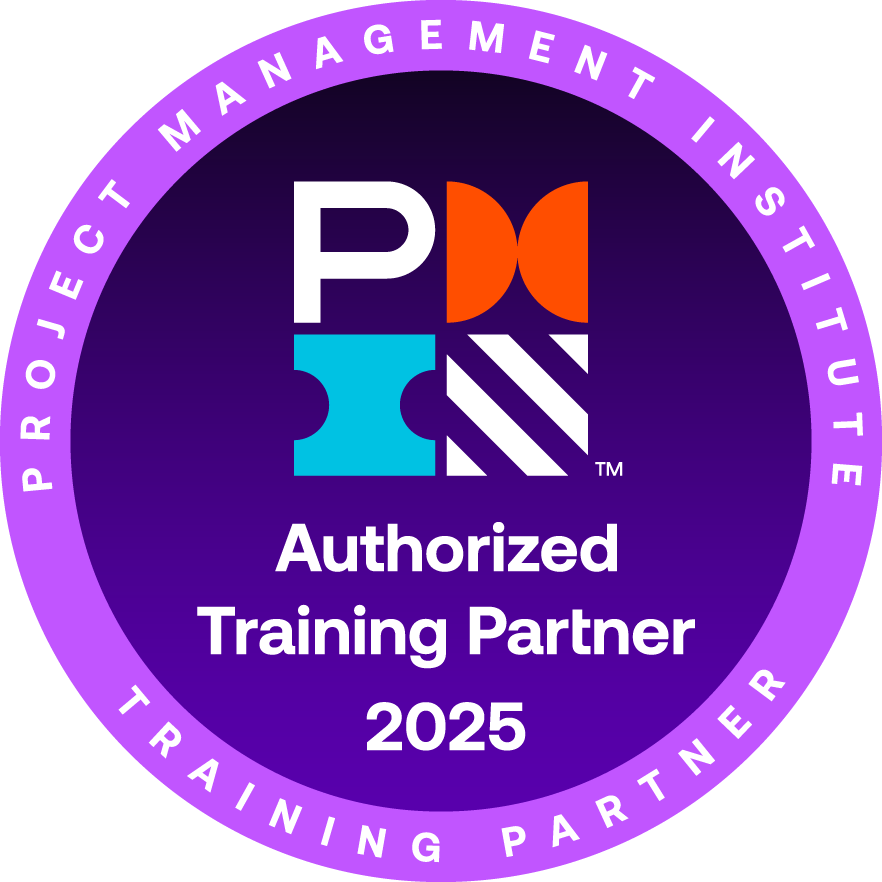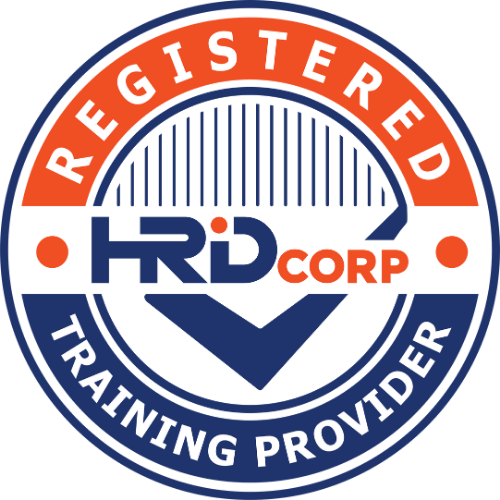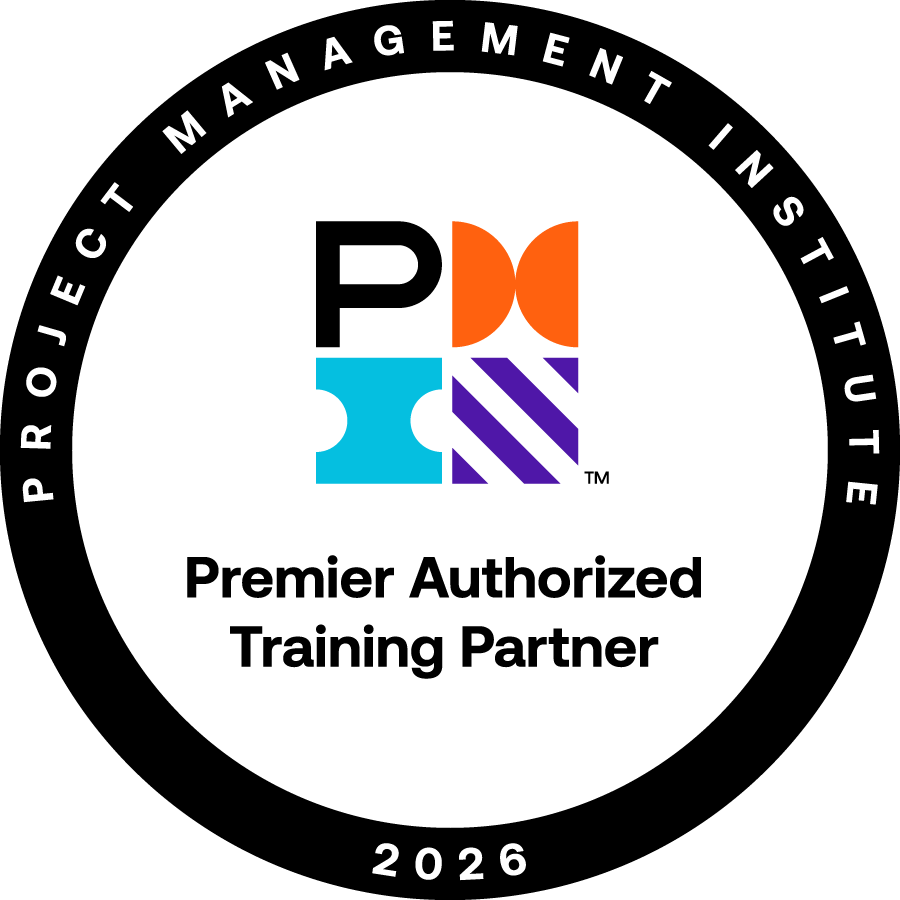BASICS OF PROJECT MANAGEMENT
This Basic Project Management course is designed to enable trainees to effectively transfer what has been covered in class into the workplace. This requires a high level of clarity of the concepts, confidence, and conviction in applying the concepts in the workplace. The Basic Project Management course is developed with this in mind to achieve the expected project objectives.
To ensure that participants truly understand and can apply what they have learnt in the session, a group-based discussion and mini case study-based approach will be adopted. This will facilitate the enhancement of project management capabilities within the domains of project planning, execution, and monitoring. To better communicate and engage with stakeholders’ practical sessions that demonstrate this concept will be prepared.
This course is based on a two-day intensive face-to-face workshop session in which the participants will be exposed to key concepts relating to project management based on the best practices espoused by the Project Management Institute (PMI®), USA.
The approach for project management that will be adopted will be the one that is most appropriate for the business environment within which the project is undertaken. The approach could be plan based, change based or a mixture of both plan and change based approach.
Terminal Objective
The terminal objective of this Basic Project Management session is to provide an overview on project management theories, tools and processes. Participants will have a deeper and more meaningful insight on the key issues of concern to all project teams. They will be able to relate better to common problems and issues encountered in projects and be able to extend their knowledge base in this field more confidently in the future.
Key course outcomes
- Determine the appropriate approach that needs to be adopted.
- Develop project scope and project schedules.
- Initiate and manage project time management activities.
- Estimate costs associated with projects.
- Describe potential risks and proposed countermeasures associated with the project.
- Identify, analyze and develop risk response strategies.
- Identify key stakeholders that affect and that will be affected by the projects.
- Manage stakeholder expectations to meet project quality requirements.
- Communicate effectively to relevant stakeholders on the project status and deliverables.
PROGRAM METHODOLOGIES

Experience Sharing
Participants will be encouraged to share their project-based experiences in before and during the class.

Mini Lecture
Brief overview of the conceptual underpinning as well as core principles will be conveyed using relevant examples by the course facilitator through a mini lecture.

Question and Answer Sessions
Participants will be encouraged to ask questions and provide answers to questions posed so that a common understanding of key concepts and principles to emerge as the session progresses.

Group Based Discussions
A group-based discussion approach will involve the participants to be broken into groups and asked to discuss about a project that they are currently involved in.

Mini Case Study
A mini case study approach will involve a case study being given to the participants and the participants will be required to analyze the case in the context of how to deal with risks associated with the project.
FEATURED CLIENTS
 |
 |
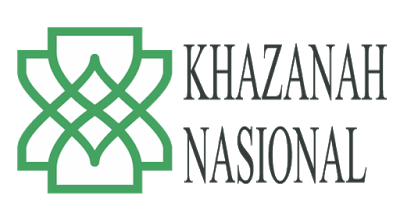 |
 |
BASIC PROJECT MANAGEMENT COURSE OUTLINE
- Project Scope
- Project Budget
- Project Schedule
FAQ & FURTHER INFORMATION
The 70:20:10 Model for Learning and Development has been found to be most effective within the training profession to describe the optimal sources of learning aimed at developing work based competencies. It holds that individuals obtain 70 percent of their knowledge from job-related experiences, 20 percent from interactions with others, and 10 percent from formal educational events.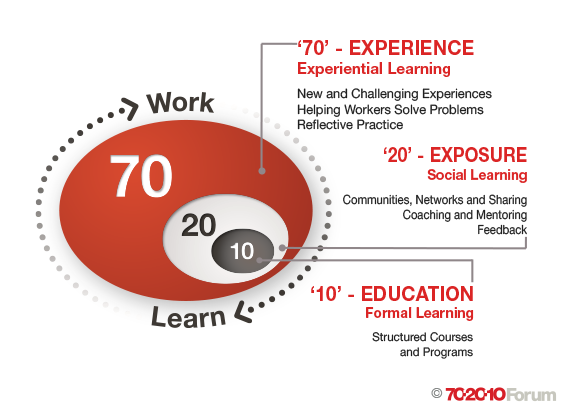
Based on this model, we propose that the Fundamentals of Project Management course be structured along similar lines. It is proposed that it is undertaken in stages. These stages will include awareness stage, appreciation stage and application stage.

